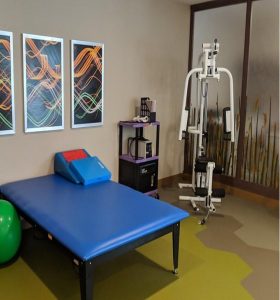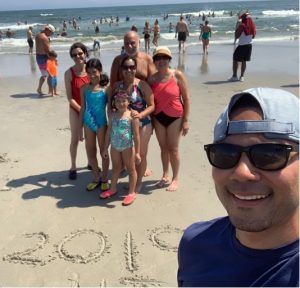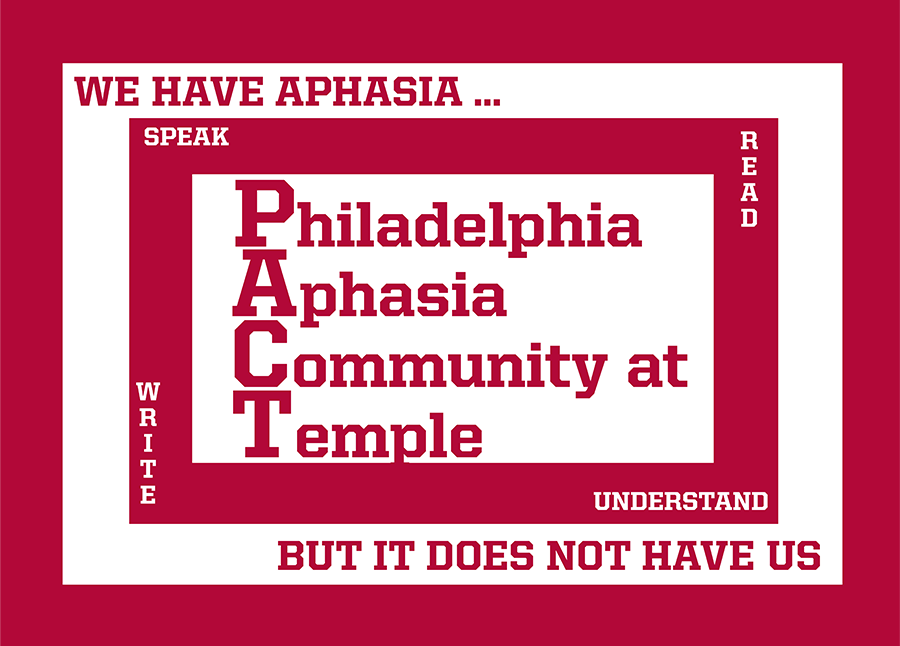SLEDDING ACCIDENT
On that day, my life changed forever in January 1999.
I suffered a Traumatic Brain Injury. As a result, I have aphasia, right hemiparesis, a right visual field cut, and a seizure disorder!


After my sister heard the news of my injury, she took off time from Lafayette College in PA and went to my hospital in Albany, NY. She was majoring in Chemical Engineering, but she took off six months to help me with physical therapy, occupational therapy, and speech therapy. Then she changed her major to physical therapy. She still helps me today.
My mom is almost like Wonder Woman! She helped me physically and emotionally!

Now, most things I do independently. For example, I take public transportation by myself and schedule appointments. But still, she helps me more you could ever know.
Recovery Story
 After my accident, I developed a seizure disorder. My Neurologist prescribed around ten different seizure medications during the first few years and they had side effects. One medication I used can cause Osteoporosis and weak muscles. I broke my right hip in 2012 and the surgeon and doctors suggested seeing a nutritionist.
After my accident, I developed a seizure disorder. My Neurologist prescribed around ten different seizure medications during the first few years and they had side effects. One medication I used can cause Osteoporosis and weak muscles. I broke my right hip in 2012 and the surgeon and doctors suggested seeing a nutritionist.
After seeing a nutritionist, I talked to my Neurologist and they suggested decreasing my seizure medication and increase vitamins for my health.
I recommend talking to a Neurologist/GP and Nutritionist for the best results in your health care.
Recommendations after seeing a nutritionist
Ask Nutritionist for all medications and vitamins
For example, The Doctor prescribed Calcium for my seizures, but my nutritionist told me “your
bones are petite and you have heart problems”. He suggested other vitamins.
The nutritionist suggested healthy food too
Product- Collard greens, Broccoli, Kale, Oranges
Protein- Sardine, Salmon, Black beans, Chickpeas, Tofu, Almonds, Chia seeds
Dairy- Ricotta, Plain Yogurts, Milk, Mozzarella
Talk to your Doctor, Nutritionist, and Pharmacist first to make a good decision about your health
Struggles for me getting my words out with aphasia
- slow comprehension
- confusion
- Frustration
- Forgetfulness
Overwhelming situations (examples: people talking too fast, others using complex words, lack of understanding from other people)
Strategies for me getting my words out
- Slow down
- Verify
- Use short sentences
- Repeat it slower
Asking PACT members and other individuals what their strategies are from their experiences
Now, Twenty-Two years later, I am still recovering physically, mentally, and emotionally.


